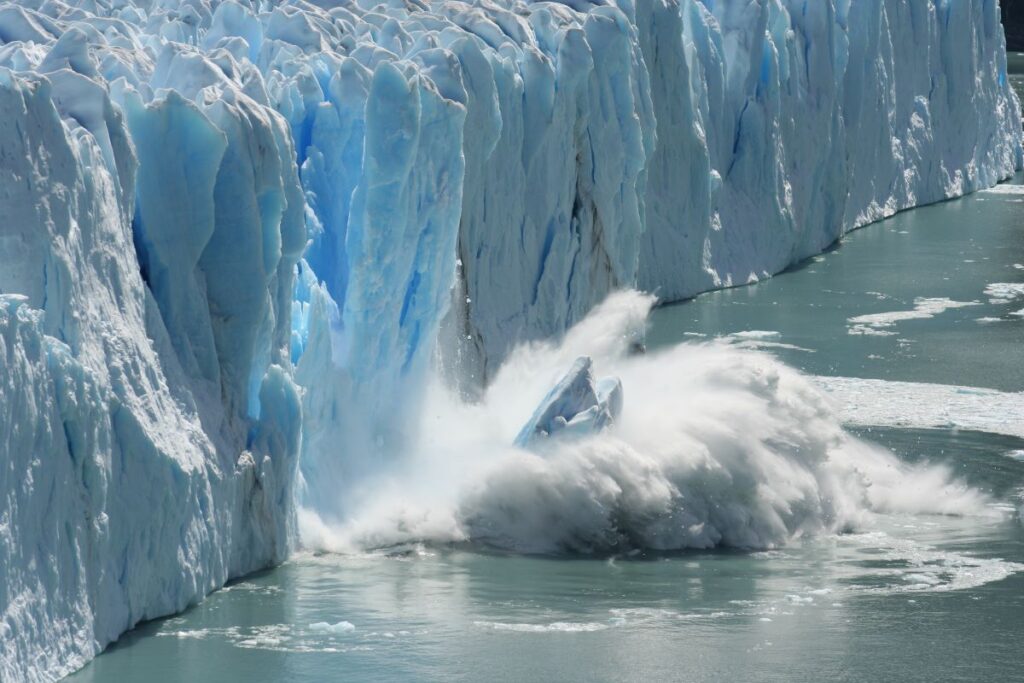March’s 2023 Poll Question:
Do you believe Climate change is man-made?
The results of March’s 2023 poll question, “Do you believe Climate change is man-made?” reflect a deeply divided public opinion on the issue of climate change attribution. With 4,196 respondents participating, the outcome was remarkably close, with 51% voting “YES” (2,132 votes) and 49% voting “NO” (2,064 votes).
This near-even split underscores the complexity and polarization surrounding the topic of climate change. The debate is not just confined to scientific circles but permeates social and media platforms, where diverse perspectives and conflicting narratives often collide. Amid this cacophony of voices, it’s challenging for individuals to form a definitive opinion, especially given the inherent complexity of climate science and the uncertainties inherent in long-term climate projections.
Despite the prevailing scientific consensus attributing global warming to human activities, including fossil fuel combustion and deforestation, public perceptions are shaped by a myriad of factors beyond scientific evidence alone. Individual experiences, media coverage, and socio-political influences all contribute to shaping public attitudes towards climate change.
The divide highlighted by the survey results mirrors broader societal trends characterized by a growing mistrust in scientific institutions and expertise. This erosion of trust poses a significant barrier to effective climate action, as public perception and political will are essential drivers of policy implementation and environmental stewardship.
The decline in trust towards scientific institutions is multifaceted and rooted in various societal dynamics. One contributing factor is the dissemination of misinformation and the deliberate manipulation of scientific narratives by vested interests. In an era dominated by social media and online platforms, misinformation can spread rapidly, creating confusion and doubt around established scientific consensus.
Societal polarization and ideological divides have further fueled skepticism towards scientific findings, particularly on contentious issues like climate change. People often gravitate towards information that aligns with their existing beliefs and values, leading to echo chambers where contrary evidence is dismissed or discredited.
In confronting the challenge of climate change, restoring trust in scientific institutions is not just a matter of conveying information; it’s about rebuilding relationships and rebuilding confidence in the scientific process. By fostering transparency, accountability, and inclusivity, we can cultivate a more resilient and adaptive society capable of addressing the urgent environmental challenges of our time.
The public’s perception of climate change is entangled with broader societal narratives and ideological perspectives. Political polarization and vested interests often shape individuals’ views on environmental issues, leading to entrenched positions that are resistant to change or compromise.
Notably, humans are inherently influenced by tangible, observable phenomena in their immediate surroundings. For many, the reality of climate change becomes more apparent through firsthand experiences of extreme weather events, rising sea levels, or shifting seasonal patterns. This experiential dimension often drives shifts in public opinion and reinforces beliefs about the anthropogenic nature of climate change.
However, skepticism persists, fueled in part by the inherent complexities of climate science. Critics argue that short-term fluctuations and localized phenomena do not necessarily provide definitive evidence of long-term climate trends. Skeptics emphasize the importance of scrutinizing broader data sets and scientific models to discern meaningful patterns and avoid drawing conclusions based solely on anecdotal evidence.
In navigating this landscape of conflicting viewpoints, fostering informed dialogue and science communication is paramount. Educating the public about the underlying scientific principles of climate change, its impacts, and potential solutions can help bridge knowledge gaps and dispel misconceptions.
Effective climate communication requires empathy, respect, and a willingness to engage across ideological divides. It involves acknowledging diverse perspectives, addressing concerns with evidence-based information, and emphasizing shared values such as environmental stewardship and intergenerational equity.
Ultimately, addressing climate change requires collective action and societal transformation. By fostering a culture of scientific literacy, open dialogue, and collaborative problem-solving, we can overcome barriers to climate action and work towards a sustainable and resilient future for all.


